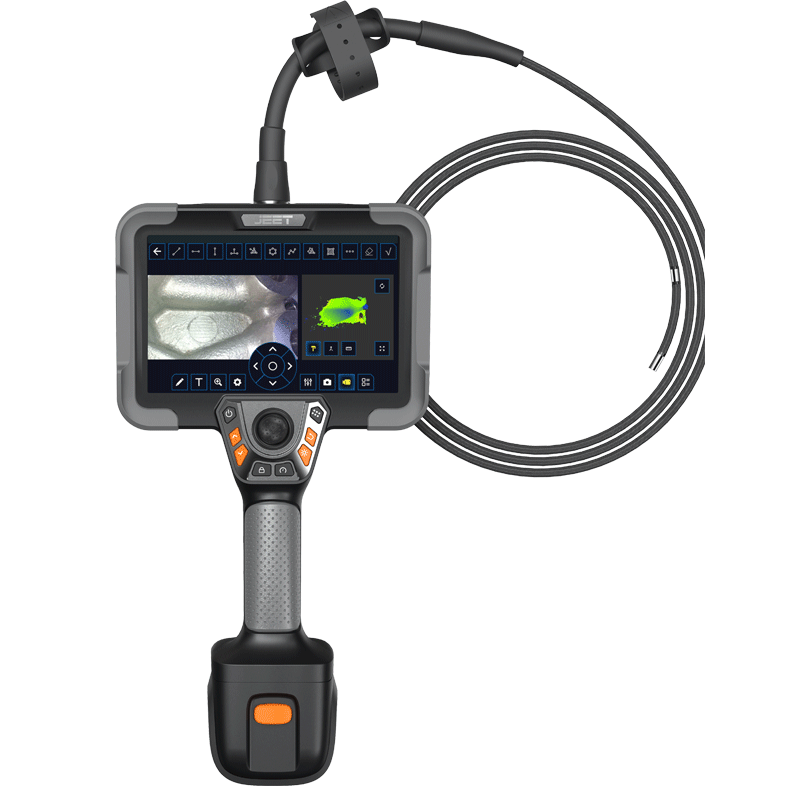The meaning of industrial endoscopy
- Share
- Issue Time
- Feb 17,2023
Summary
Industrial endoscopy is a non-destructive testing (NDT) technique used to inspect the internal components of industrial machinery without the need for dismantling or disassembling them.

Industrial endoscopy is a non-destructive testing (NDT) technique used to inspect the internal components of industrial machinery without the need for dismantling or disassembling them. The technique involves the use of an endoscope, a specialized optical instrument that enables visual inspection of the interior of an object or component. Industrial endoscopy has revolutionized the way industrial machinery is inspected and maintained, making it possible to detect defects and problems that might have gone unnoticed using traditional inspection methods.
The use of endoscopes for inspection purposes dates back to the early 20th century. Initially, endoscopes were primarily used in the medical field to examine internal organs and tissues. However, with the advancement of technology and materials science, the use of endoscopes has expanded to other fields, including the industrial sector.
Industrial endoscopy has several advantages over traditional inspection methods. For instance, it allows for remote inspection of inaccessible or hard-to-reach areas. The endoscope's flexible cable can be maneuvered to inspect even the most intricate and complex machinery components. This means that industrial endoscopy can be used to inspect machinery that would otherwise require disassembly, which can be time-consuming and expensive.
Another advantage of industrial endoscopy is its ability to provide real-time visual feedback. With the use of cameras attached to the endoscope, inspectors can see inside machinery components and identify any defects or problems in real-time. This allows for immediate corrective action to be taken, minimizing downtime and preventing potential damage to the machinery.
Industrial endoscopy can be used to inspect a wide range of machinery components, including pipes, vessels, engines, turbines, and other equipment. The technique is commonly used in the oil and gas, power generation, aerospace, automotive, and manufacturing industries.
Industrial endoscopy has several types of endoscopes, each designed for specific inspection purposes. For example, fiberscopes are used to inspect small-diameter pipes and components, while videoscopes are used for larger components. Some endoscopes are designed for use in hazardous or extreme environments, such as those with high temperatures, high pressure, or exposure to chemicals.
In conclusion, industrial endoscopy is a critical non-destructive testing technique used to inspect the internal components of industrial machinery. Its advantages over traditional inspection methods make it a valuable tool for maintaining machinery and preventing downtime. With the continued advancement of technology, industrial endoscopy will undoubtedly play an increasingly important role in ensuring the safety and reliability of industrial machinery.